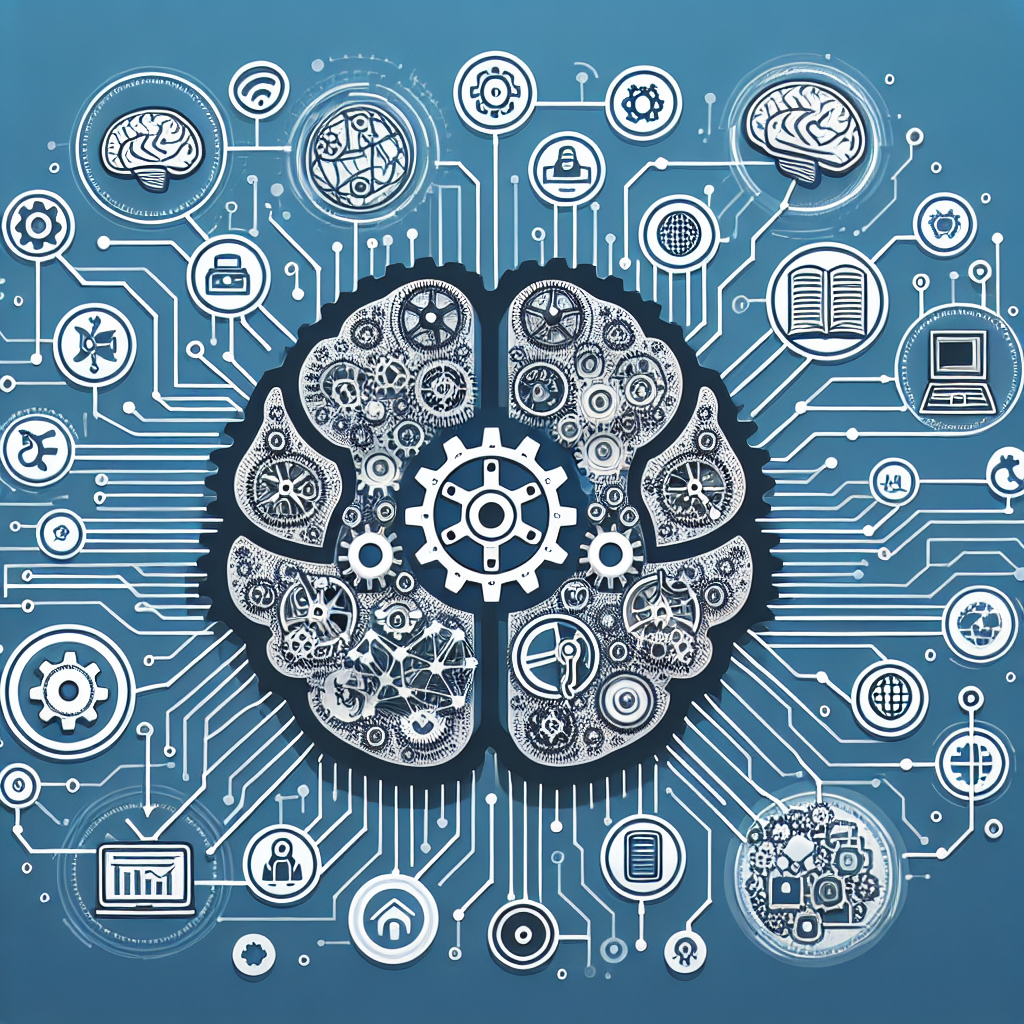Artificial General Intelligence (AGI) is a term that refers to a type of artificial intelligence that can understand, learn, and apply knowledge in a way that is indistinguishable from human intelligence. While current AI technologies are designed for specific tasks or domains, AGI has the potential to perform a wide range of tasks across different domains, making it a powerful tool for automation in various industries.
The Future of Work: How Automation Will Impact Industries
As AGI technology continues to advance, it is expected to have a significant impact on the future of work in various industries. Automation has already transformed many industries, such as manufacturing, logistics, and customer service, by replacing manual labor with machines and software. With the introduction of AGI, automation is expected to become even more widespread, impacting a broader range of industries and job roles.
One of the key benefits of AGI in the workplace is its ability to perform tasks with a high level of accuracy and efficiency. This can lead to increased productivity, cost savings, and improved quality of work. AGI can also handle complex tasks that are beyond the capabilities of current AI technologies, such as decision-making, problem-solving, and creativity. This can free up human workers to focus on more strategic and creative tasks, leading to a more fulfilling and rewarding work experience.
However, the rise of AGI also raises concerns about the impact on jobs and employment. As automation becomes more prevalent, there is a risk that many jobs may be displaced or eliminated, leading to widespread unemployment and economic instability. This has sparked a debate about the role of AGI in the future of work and the need for policies and strategies to address the potential impact on the labor market.
FAQs:
Q: What industries are most likely to be impacted by AGI and automation?
A: Industries that rely heavily on routine, repetitive tasks are most likely to be impacted by AGI and automation. This includes industries such as manufacturing, transportation, retail, and customer service.
Q: Will AGI replace human workers entirely?
A: While AGI has the potential to automate many tasks currently performed by humans, it is unlikely to replace human workers entirely. Human workers bring unique skills and capabilities to the workplace, such as creativity, emotional intelligence, and critical thinking, that are difficult to replicate with AI technology.
Q: How can workers prepare for the impact of AGI and automation on the future of work?
A: Workers can prepare for the impact of AGI and automation by developing skills that are in high demand in the digital economy, such as data analysis, programming, and problem-solving. Workers can also focus on developing soft skills, such as communication, collaboration, and adaptability, that are essential in a rapidly changing work environment.
Q: What are the ethical considerations surrounding the use of AGI in the workplace?
A: The use of AGI in the workplace raises ethical considerations around issues such as privacy, security, bias, and accountability. It is important for organizations to develop ethical guidelines and practices to ensure that AGI is used in a responsible and transparent manner.
In conclusion, AGI has the potential to revolutionize the future of work by automating tasks, increasing productivity, and improving the quality of work. While there are concerns about the impact of AGI on jobs and employment, there are also opportunities for workers to develop new skills and adapt to the changing work environment. By addressing the ethical considerations and implementing policies and strategies to mitigate the potential impact on the labor market, organizations can harness the power of AGI to create a more efficient, innovative, and sustainable workplace.

